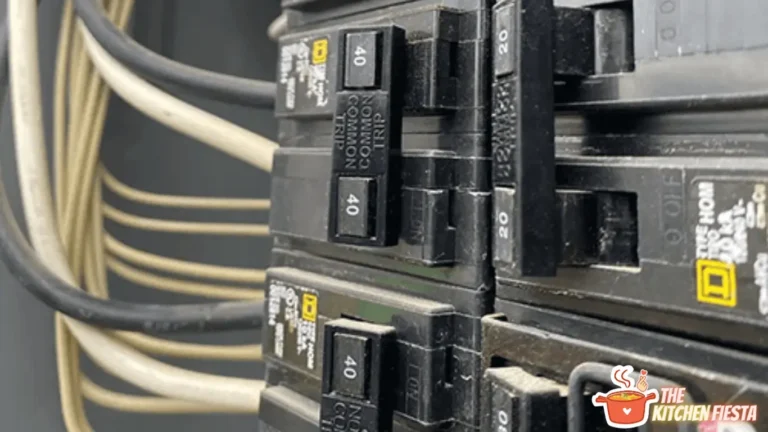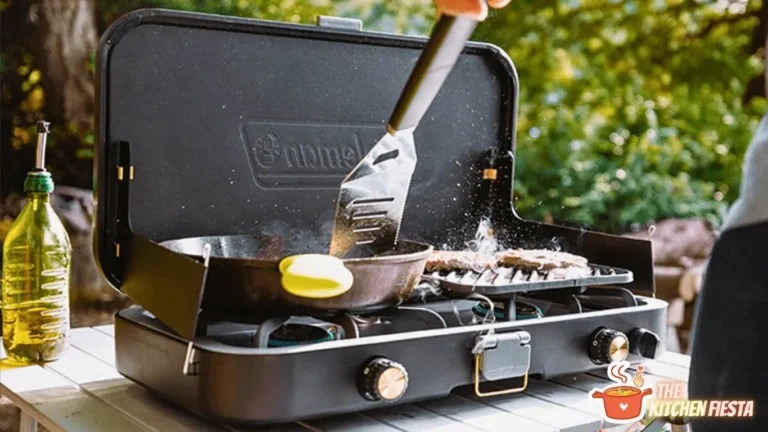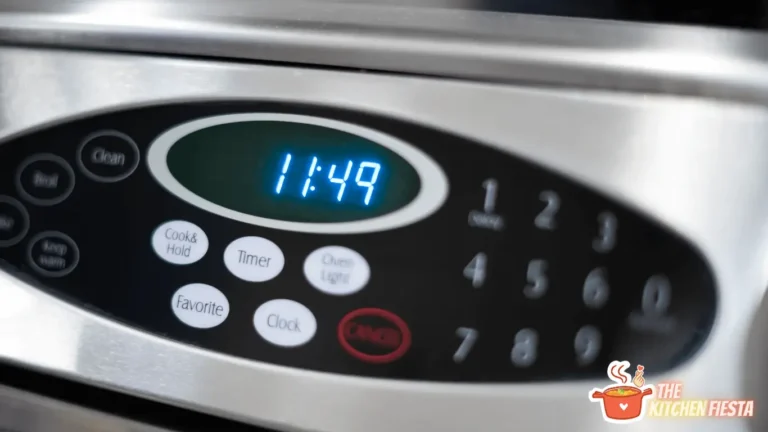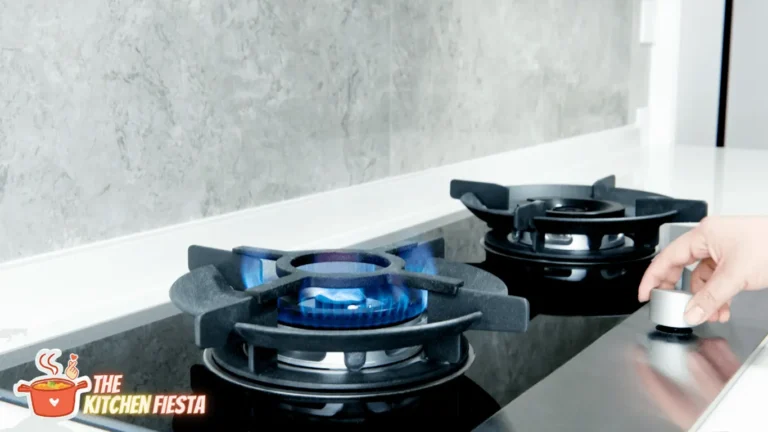Brass Burners vs Cast Iron Burners: Which is Better for Your Kitchen?

When choosing the right type of burner for your gas stove, a few options are available, including brass and cast iron burners. Both types of burners have their own pros and cons, and it’s important to weigh them carefully before making a decision.
Brass burners are made from an alloy of copper and zinc and are known for their shiny appearance. They are also praised for their ability to distribute heat evenly, making them a popular choice for cooking enthusiasts. On the other hand, cast iron burners are known for their durability and ability to hold heat, which makes them an excellent choice for cooking dishes that require a longer cooking time.
In this article, we will explore the qualities of both brass burners and cast iron burners, helping you make an informed choice based on your specific needs and culinary aspirations.
Brass Burners
Brass burners are popular for gas stoves due to their efficiency, durability, and low maintenance. In this section, we will explore the advantages and disadvantages of brass burners.
1. Efficiency of Brass Burners
Brass burners are known for their high thermal conductivity, which allows them to heat up quickly and distribute heat evenly. This means that food is cooked more evenly and in less time than other burners. Brass burners also have a higher heat output, which makes them ideal for cooking dishes that require high heat, such as stir-fries and searing meat.
2. Durability of Brass Burners
Brass is a durable material that can withstand high temperatures and resist corrosion. This means that brass burners are less likely to warp or rust over time, making them a long-lasting option. However, it is essential to note that brass burners can be prone to discoloration or tarnishing if not properly maintained.
3. Maintenance of Brass Burners
Maintaining brass burners is relatively easy. They can be cleaned with a soft cloth and mild detergent to remove stains or discoloration. It is essential to avoid using abrasive cleaners or scrubbers that can scratch the surface of the brass. It is also recommended to clean brass burners after each use to prevent any grease or food debris buildup.
Cast Iron Burners
Cast iron burners are popular for gas stoves due to their durability and efficiency. They have been used in stoves for a long time, and their popularity has not waned. Cast iron burners are known for their sturdy build and ability to withstand high temperatures. This section will explore the efficiency, durability, and maintenance of cast iron burners.
1. The efficiency of Cast Iron Burners
Cast iron burners are known for their excellent heat retention capabilities. They are slow to heat up, but once they do, they retain heat for a long time. This means that they can cook food evenly and thoroughly. Cast iron burners are also known for distributing heat evenly across the pan’s surface, essential for cooking delicate dishes like sauces.
2. Durability of Cast Iron Burners
Cast iron burners are incredibly durable and can last many years with proper care. They are made from a strong material that can withstand temperatures without warping or cracking. Cast iron burners are also resistant to scratches and other types of damage, making them an excellent choice for heavy use.
3. Maintenance of Cast Iron Burners
Maintaining cast iron burners is relatively easy. They should be cleaned regularly to prevent the buildup of grease and other debris. Cast iron burners should be cleaned with a soft cloth and mild soap and dried thoroughly after cleaning to prevent rust. Cast iron burners should also be seasoned regularly with oil to prevent rust and maintain their non-stick properties.
Comparative Analysis
Heat Distribution
Both brass and cast iron burners can distribute heat evenly across the cookware. However, cast iron burners have a slower heat-up time than brass burners. Brass burners, on the other hand, heat up faster and are more responsive to temperature changes. This makes them a better choice for cooking dishes that require precise temperature control.
Longevity
Cast iron burners are known for their durability and can last many years with proper maintenance. On the other hand, brass burners are prone to corrosion and discoloration over time. However, regular cleaning and maintenance can help extend the lifespan of brass burners.
Cost Comparison
Brass burners are generally more expensive than cast iron burners. This is due to the higher cost of materials and manufacturing processes involved in producing brass burners. Cast iron burners, on the other hand, are more affordable and widely available.
In terms of overall value, the choice between brass and cast iron burners ultimately depends on individual needs and preferences. If durability is a top priority, cast iron burners may be the better choice. However, if fast heat-up time and precise temperature control are essential, brass burners may be the way to go.
Overall, both types of burners have their advantages and disadvantages. It is essential to weigh the pros and cons carefully before deciding.
Conclusion
In conclusion, the choice between brass and cast iron burners comes from personal preference and cooking needs. Both materials have their advantages and disadvantages. Brass burners are more expensive but offer better heat distribution and are easier to clean. Cast iron burners are cheaper, more durable, and better suited for high-heat cooking.
When choosing between the two, it’s essential to consider factors such as appearance, durability, and heat distribution. Brass burners look shinier, whereas cast iron burners are matte and darker. If durability is a priority, brass burners are the better option. However, cast iron burners are the way to go if you’re looking for something that can withstand high-heat cooking.
Ultimately, deciding between brass burners and cast iron burners depends on the individual’s cooking needs and budget. It’s essential to weigh the pros and cons of each material before making a final decision.
Frequently Asked Questions
What are the advantages of using brass burners in gas stoves?
Brass burners have excellent heat conductivity and heat up quickly and efficiently. They also distribute heat evenly, which is essential for cooking food evenly. Also, brass burners are corrosion-resistant and can withstand high temperatures, making them durable for gas stoves.
How do brass burners compare to cast iron burners regarding heat distribution?
Cast iron burners are heavier and take longer to heat up than brass burners. However, they tend to retain heat longer than brass burners once they reach the desired temperature. This makes them a good option for slow-cooking dishes that require consistent heat.
Are there any safety concerns when using brass burners?
Brass burners are generally safe to use. However, they can be more delicate than cast iron burners and may crack or break if dropped or mishandled. Additionally, brass burners may discolor over time due to exposure to high heat.
What is the lifespan of brass burners compared to cast iron burners?
Both brass and cast iron burners have a long lifespan if properly maintained. However, brass burners may require more maintenance than cast iron burners to prevent discoloration and corrosion.
How do brass burners affect food flavor compared to cast iron burners?
Brass burners do not affect the flavor of food, as they do not react with the food being cooked. Cast iron burners, on the other hand, can impart a smoky flavor to food due to the material’s porous nature.
What maintenance is required for brass burners compared to cast iron burners?
Brass burners should be cleaned regularly to prevent discoloration and corrosion. They can be cleaned with mild soap, water solution, and a soft cloth. Cast iron burners should also be cleaned regularly to prevent rust and corrosion. They can be cleaned with a wire brush and a mild soap solution. Additionally, cast iron burners should be seasoned with oil to prevent rust and improve their non-stick properties.






